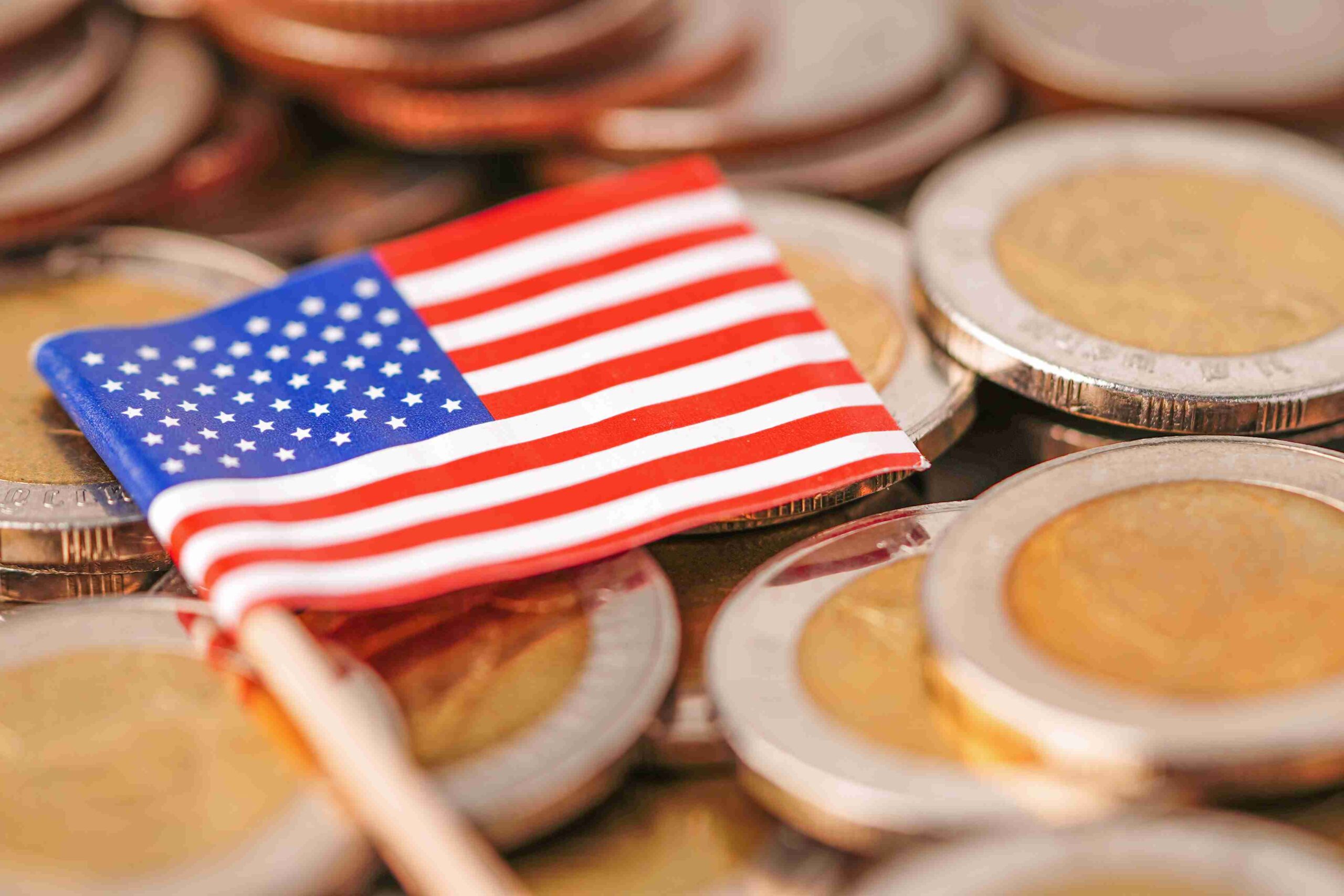Once the wealthiest nation in Latin America, Venezuela’s decline into economic ruin has become a cautionary tale of mismanagement, hyperinflation, and social unrest. As shortages worsen and desperate citizens flee the country, many are asking: Could the United States be on a similar path?

Venezuela’s Collapse
In the 1970s and early 1980s, Venezuela thrived on its vast oil wealth, boasting high economic growth and low inequality. However, political instability, corruption, and flawed economic policies set the stage for disaster. The country has since endured coup attempts, government mismanagement, and a staggering economic freefall.
Today, food shortages, skyrocketing inflation, and mass protests define everyday life in Venezuela. Once a nation of prosperity, it now sees its citizens searching through garbage for food while gangs rule the streets. The collapse of essential services and the mass exodus of Venezuelans to neighboring countries highlight the severity of the crisis.
Experts warn that Venezuela’s hyperinflation crisis, which reached 700% annually, could serve as a stark warning for other economies, including the United States. Economic analysts point out that the excessive printing of money—a key factor in Venezuela’s downfall—has parallels with rising inflationary pressures in the U.S.
While the U.S. dollar remains dominant, concerns about national debt, supply chain disruptions, and increasing government intervention raise questions about long-term stability. If inflation spirals out of control, as it did in Venezuela, food shortages and civil unrest could become a reality.
The Human Cost of Economic Collapse
Venezuela’s economic turmoil has led to one of the largest refugee crises in the world. Over 200,000 Venezuelans have fled the country in the past two years alone, seeking access to basic necessities like food, medicine, and work. Borders with Colombia and Brazil have seen waves of migrants, while others take dangerous routes by sea, reminiscent of past Cuban and Haitian exoduses.

Could a similar migration crisis unfold in the U.S.? If economic instability continues, the movement of people fleeing to regions with better opportunities—whether within or outside the country—could become more pronounced.
Is the U.S. Next?
Some financial experts argue that the United States’ rising national debt and ongoing quantitative easing policies could eventually lead to a crisis resembling Venezuela’s. While the U.S. dollar enjoys global trust, its foundation remains fragile. A sudden shift in market confidence or an economic downturn could trigger severe consequences, impacting everything from food security to civil order.
Social Unrest and the Threat of Martial Law
Venezuela’s economic collapse has led to widespread protests, government crackdowns, and increased lawlessness. In times of extreme instability, governments often impose emergency measures, curfews, and even martial law to restore order.
With growing economic and political polarization in the United States, concerns about civil unrest, food riots, and expanded government control are not far-fetched. As tensions rise over inflation, employment, and public policies, the question remains: Is the U.S. at risk of following Venezuela’s path?
This is a developing issue, and the need for vigilance has never been greater. Stay informed on the latest news from the USA today as the global economic landscape continues to shift.